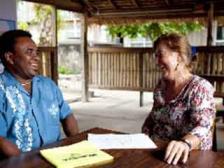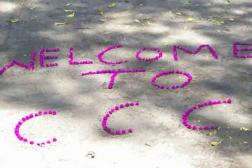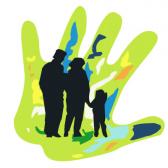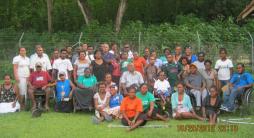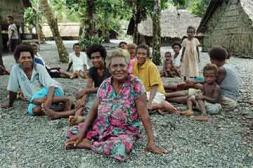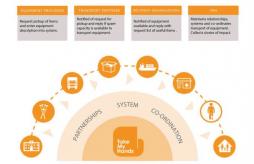Helping Organizations
SIDT
The Solomon Islands Development Trust (SIDT) is a registered Charity Trust organization in terms of the Charities Trust Act (Chapter 55) of the Laws of Solomon Islands.
The organization has been recognized internationally as playing both a supportive and leading role at the village level throughout the Solomon Islands.
Christian Care Centre (CCC)
The Christian Care Centre’s mission is to provide pastoral care for all women and children who have been victims of any form of violence. The CCC also provides educational programs for the general public toward the prevention of domestic violence and abuse
Family Support Centre
The Family Support Centre is staffed by experience and trained workers who offer a confidential and supportive service and environment. It was set up by the Victim Support Group in 1995 to address the high incidence of domestic violence, sexual abuse and child abuse. Legal advice and counseling is available in domestic violence, sexual assault or child sexual/physical abuse
People with Disabilities Association
The Solomon Islands National Policy on Disability 2005 - 2010 was endorsed by Cabinet in November 2004. Prior to its endorsement, the Policy was consulted upon throughout the country with many stakeholders during 2004.
SINCW
Promote and coordinate activities for women throughout Solomon Islands, Act as a representative body for women to the Solomon Islands (SIG) and other entities, Advise the SIG on policies and issues of concern to women, Undertake awareness and advocacy on international relevant instruments, Provide a forum through which women can have a voice on issues affecting them, Encourage participation of women in decision making processes and bodies, Promote awareness at all levels women’s concerns and Promote formation of effective partnerships with other entities as appropriate.
Take My Hands
Take My Hands is a charitable organisation that connects those that have, with those that need it. The majority of our current work is aimed at collecting medical equipment and resources that can no longer be used in New Zealand and redistributing them to organisations that work with those in need in the Asia Pacific Region.
Cerebral Palsy Group
Cerebral palsy is a developmental disorder and leading cause of disability in young children. It affects approximately 500,000 children and adults, with around 8,000 babies and between 1,200 and 1,500 preschool-age children diagnosed each year.

